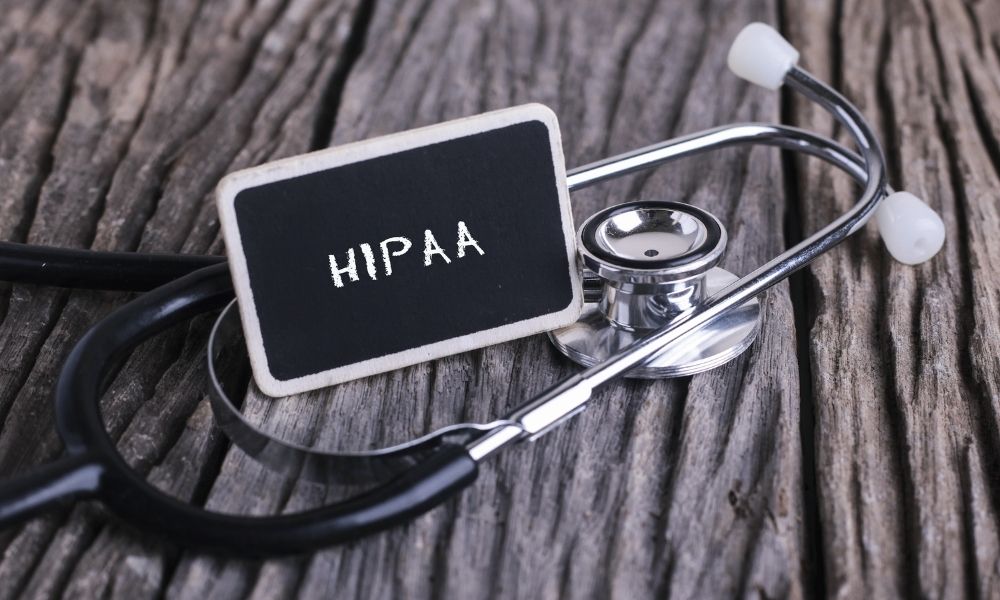
The Health Insurance Portability and Accountability Act (HIPAA) is a provision under which healthcare employers and workers labor. However, it comes with many misconceptions. Unfamiliarity with this privacy law can make workers’ daily responsibilities more difficult and threaten patient safety and the quality of care. Here are five common misconceptions about HIPAA regulations that still exist in the medical field today.
Misconception #1: If the Government Will Impose Jail Time or Fines for Violators
The government encourages doctors, medical facilities, and other entities to implement HIPAA without penalizing providers’ compliance breaches. Improper data information disclosures are filed with the Department of Health and Human Services (HHS) and its Office of Civil Rights (OCR) in the form of complaints. The OCR closes many of these complaints upon satisfactory resolution and voluntary compliance. However, criminal penalties like fines and jail time may be levied if a person knowingly obtains or discloses protected health information in violation of HIPAA regulation.
Misconception #2: Physicians Do Not Benefit From HIPAA
HIPAA can make it easier for physicians to submit medical claims and decrease administrative costs. The act is also invaluable in utilizing electronic medical records to enhance patient care.
Misconception #3: Every Improper Use of PHI Constitutes as a Breach
Not all disclosures and improper uses of personal health information (PHI) are breaches. Many of these situations call for complete risk analysis, including the extent of the occurrence and determination of whether an intruder viewed sensitive information.
Misconception #4: HIPAA Requires Covered Entities to Retain All Records for Six Years
HIPAA requires maintenance of all related documentation, such as policies/procedures, authorizations, complaints, and assessments, for six years from its creation. On the other hand, retention requirements for medical records are dictated by state rules.
Misconception #5: Federal HIPAA Rules Always Preempt State Privacy Laws
HIPAA is a federal law that establishes standards for creating, securing, and disclosing PHI. If state law opposes HIPAA, then HIPAA preempts the state law. On the other hand, if the state law is stricter, then federal, state, and HIPAA laws work together and apply.
The scope of HIPAA law is the cause of several misinterpretations that can affect how workers and patients approach treatment. While a complex provision, HIPAA adapts to the realities of medical practice while attempting to protect sensitive patient information. Avoiding these common misconceptions about HIPAA regulations facilitates proper compliance and enhances care.
Gamma Compliance Solutions is a leading company supplying compliance information to ensure you meet all your requirements. Our comprehensive programs offer comprehensive training to obtain your HIPAA certification online.
